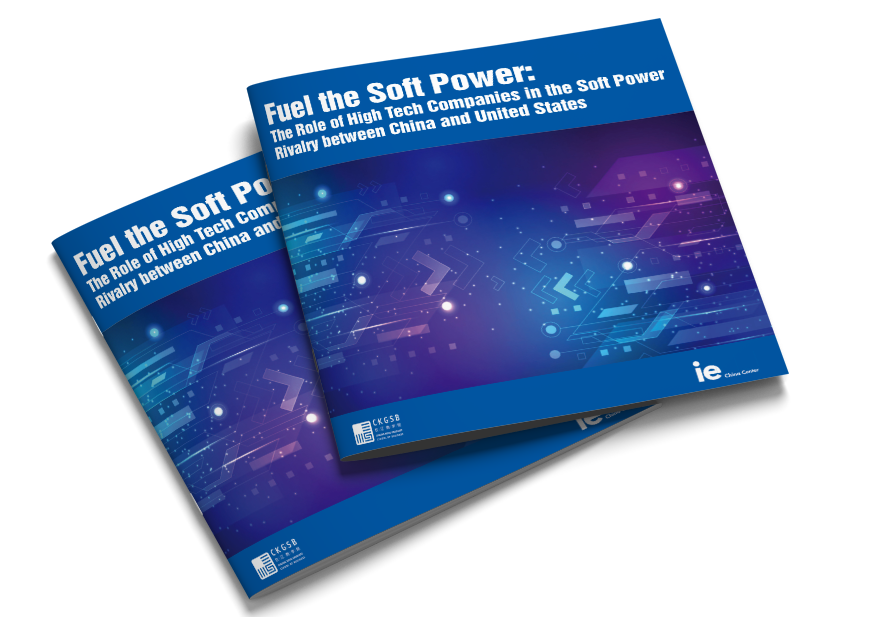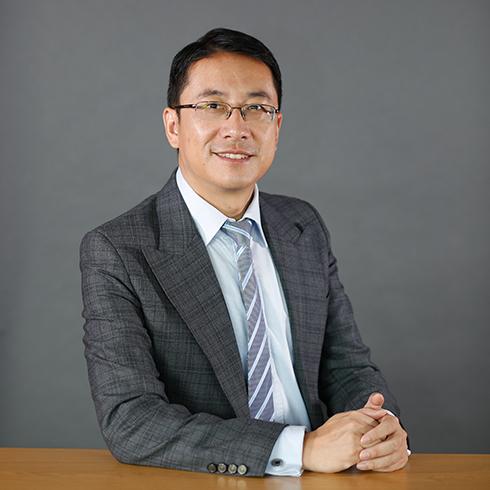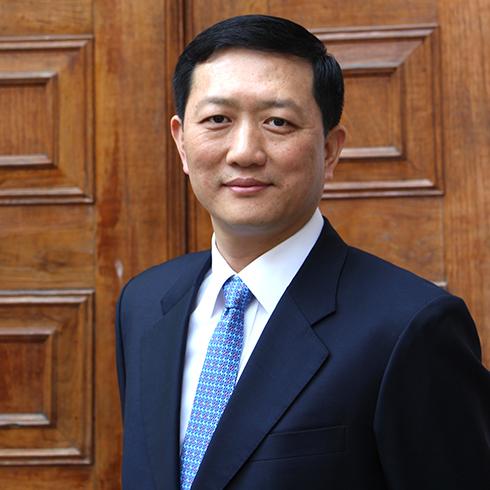
Fuel the Soft Power: The Role of High-Tech Companies in the Soft Power Rivalry between China and the United States
This report delves into how China and the United States utilize soft power to enhance their global standing, with a specific emphasis on the growing importance of high-tech companies in the race for international influence.
CKGSB in collaboration with IE China Center of IE University, presents “Fuel the Soft Power: The Role of High-Tech Companies in the Soft Power Rivalry between China and the United States.”
Defined as the capacity of a country to influence others through cultural, social, and political means, soft power holds immense importance in shaping the global economy and international dynamics, surpassing the limitations of hard power. In today’s interconnected world, the soft power landscape is being dramatically redefined by the burgeoning technology sector. Specifically, the race for global pre-eminence between the United States and China is deeply influenced by their respective tech giants. Breakthroughs in 5G, artificial intelligence, cloud computing, and e-commerce are not mere corporate achievements; they have become instruments for shaping international opinion and determining the geopolitical landscape.
Our in-depth report aggregates the expertise of renowned academics, industry thought leaders, and policy experts, exploring topics such as:
• The distinct strategies employed by China and the United States to amplify their soft power through technology.
• An evaluation of the efficacy of these strategies in establishing global influence.
• Future-forward perspectives on how the evolution of soft power could redefine the contours of international relations and the global economy.
Table of Contents
1. Beijing’s Unique Approach to Soft Power
– José Félix Valdivieso, Chairman of IE China Center
2. Fuel the Soft Power: The Role of High-Tech Companies in the Soft Power Rivalry between China and the United States
– Ma Bing, Academic Director, IE China Center; Assistant Professor of Leadership and Behavioral Science, IE Business School and IE University.
3. China’s Soft Power: Nurturing High-Tech Companies in a Competitive Landscape
– Tao Zhigang, Professor of Strategy and Economics, Associate Dean for Global Programs, Cheung Kong Graduate School of Business.
4. The Potential of China’s Soft Power – Sustainable Value Creation Aimed at the World’s Elites
–Weilei (Stone) Shi, Professor of Managerial Practice, Cheung Kong Graduate School of Business; Tomas Casas Klett, Permenent Faculty, Director of the China Competence Center, University of St. Gallen.
5. Technology and Soft Power: China’s Rise as a Global Player
– Ramón María Moreno, Secretary-General of the Spain-China Council Foundation, Ministry of Foreign Affairs, the European Union and Cooperation.
6. Which is the World’s Largest Economy? It all Depends on How You Measure it
– Gonzalo Garland, Professor of Economics, Executive Vice President, IE Foundation.
7. The Sixth World Center for Science and Technology
– Margaret Chen, Founder, Optimus Horizon.
8. Technological Soft Power, the New Face of Diplomacy
– Águerra Parra, Tech Founder & Editor in Chief, ChinaGeo.
9. China’s Dual-Circulation Economic Strategy
– Rafael Bueno, Director of Policy & Society & Educational Programs, Case Asia.
10. The Economic Consequences of a Math-Orientated Education
– Pedro Gete, Professor and Chair, Department of Finance, IE Business School and IE University.
11. China’s Global Connectivity Beyond the Digital Silk Road
– Estella Li, President, China Club Spain.
12. If You Want to Understand China’s Soft Power, Look to the Dragon
– Lisa Wang, Founder of Link The World Advisors.
















